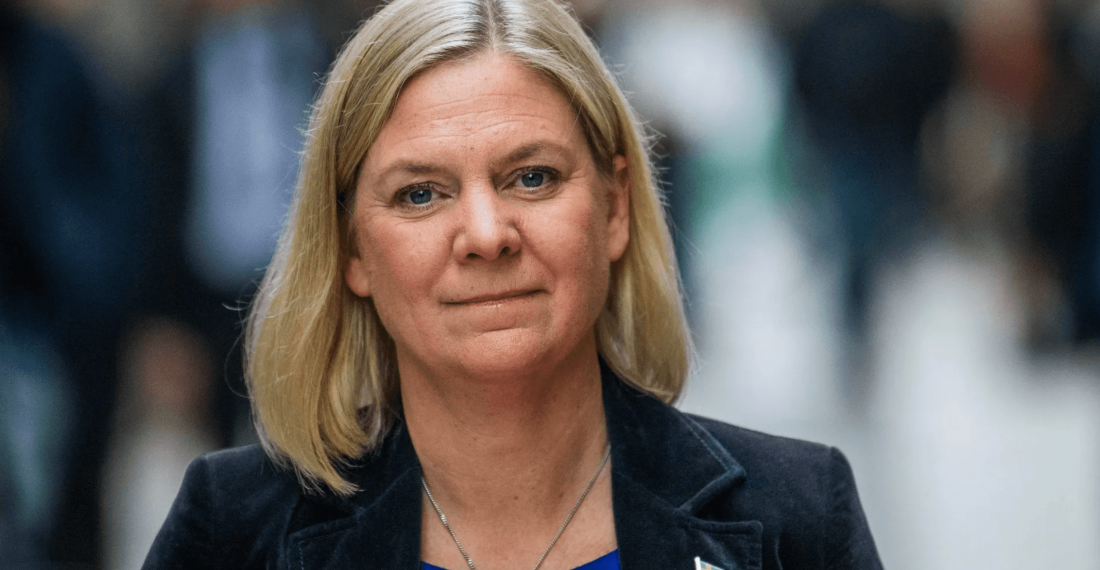The Swedish leader of the Social Democratic Party, Magdalena Andersson, regained the position of prime minister on Monday (29 November) with 101 votes in favour in the 349-member Swedish parliament (Riksdag), 75 abstentions and 173 votes against. Andersson was supported by her Social Democrats Party and an independent.
The Greens Party abstained, as did the Left Party and the liberal Centre Party. In Sweden, a government is only defeated if an absolute majority of members - 175, vote against it.
Andersson is expected to present her ministerial line-up and her government statement to parliament on Tuesday (30 November). That same day, the new minority government - which now only consists of social democrats - would present itself to the King before officially starting its work.
In September 2022, parliamentary elections will be held in Sweden. Until then, Andersson faces a challenging task. She needs support from opposition parties for every decision and she must govern with the budget proposed by the far-right Sweden Democrats, Christian Democrats and Conservatives. Her own budget proposal was rejected by the parliament last week, resulting in a political crisis.






